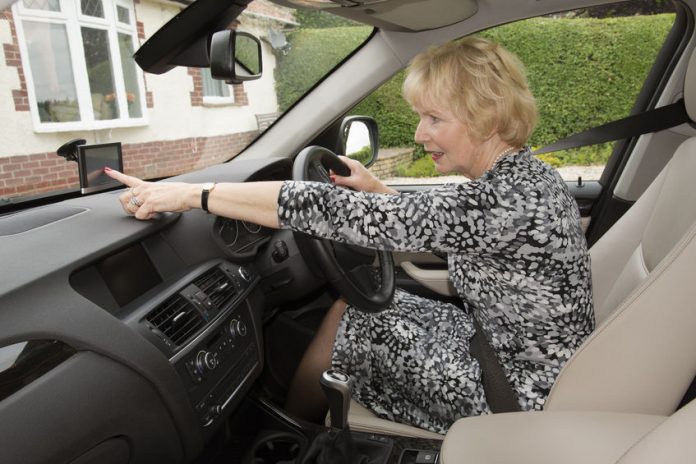The deputy director of Education and Road Training of the General Directorate of Traffic (DGT), María José Aparicio, has confirmed that the DGT will reduce the periods of validity of the driving licence of the elderly.
“30% of those killed in traffic accidents in the European Union are over 65 years old. A figure that is repeated in all countries and that reaches 50% when we talk about pedestrian or cyclist deaths. In Spain in 2019, the 28% of those who died in traffic accidents were over 65 years of age. These figures will worsen, if we do nothing, due to the aging of the population,” warned the deputy director.
In relation to the loss of psychophysical skills and the review of the validity of the driving licence, the Deputy Director of Traffic has clarified that DGT wants to review not only the periods of validity of the permits of the elderly but all the periods of validity. “We know that in the case of people of a certain age we will have to reduce them,” said María José Aparicio, who has defended that we must “protect older people, but always promoting their mobility, safety and freedom.”
For his part, the director of Fesvial projects, José Ignacio Lijarcio, referred to the ‘Savima Study’, on the road health of older drivers. “There must be a promotion of the mobility of the elderly, since we are not talking about a question of age but of health”, he declared. “The image of our elders has changed. Life expectancy has increased and those over 65 move differently. In addition, they are not technological natives, but we have to address them, that is why social and generational learning is important We have to accompany them in this transition, because they have to keep learning”, he pointed out.
Lijarcio explained that, according to the World Health Organization (WHO), it is estimated that the world population aged 60 will reach 2,000 million in 2050 and that the European Union estimates that in 2040, 27% of the European population will be over 65 years of age.
From CNAE, its president, Enrique Lorca, has commented that “after the pandemic, people of a certain age who had a permit and had not driven for a long time, wanted to go back to driving school before getting behind the wheel.” ” We like to be able to improve your mobility. We gain years and we can lose skills, abilities, knowledge, that is why at CNAE we are in favour of the fact that, from time to time and coinciding with the renewal of the driving licence, there could be some type of update, which would serve to help people who have lost knowledge,” he said.
In his speech, the general secretary of the Spanish Association of Psychological Medical Centres (ASECEMP), Bonifacio Martín, said that “age is a factor that notably influences the loss of faculties; the older, the more refusals and restrictive conditions”. He has also pointed out that “vision is the most important organ in providing information on driving and it is also the one that provides the greatest number of denials and restrictive conditions”.
Martín commented that “controversy is frequent as to whether or not there should be an age limit for driving”. “What there must be are adequate psychophysical conditions, if they meet you can drive and if not, no, whatever your age. In terms of road safety, the important thing is that they are met and that the centre of reconnaissance does their job well and check that the driver has those required conditions”, he defended.
He has pointed out that in all the forums in which they have participated they have demanded a return to the validity periods of 2009. “Unsuccessfully so far, although the Director General of Traffic has spoken about the issue. It will be a slow process but if you don’t start, you won’t reach it”, he settled.
Currently, the driving licence (class B) is renewed every 10 years until the age of 65, at which point it begins to expire every 5 years. Before 2009, the validity was 10 years up to 45 years. Afterwards, the renewal was every five years until the age of 70 and, from then on, every two years.
The General Director of Traffic, Pere Navarro, in his recent appearance before the Commission on Road Safety of Congress, announced that the deadlines and psychophysical tests in the renewal of the driving license of the elderly will be reviewed. According to data from the General Directorate of Traffic (DGT), more than four million people over the age of 65 maintain their driving licence, which represents more than 15% of the driver census.





